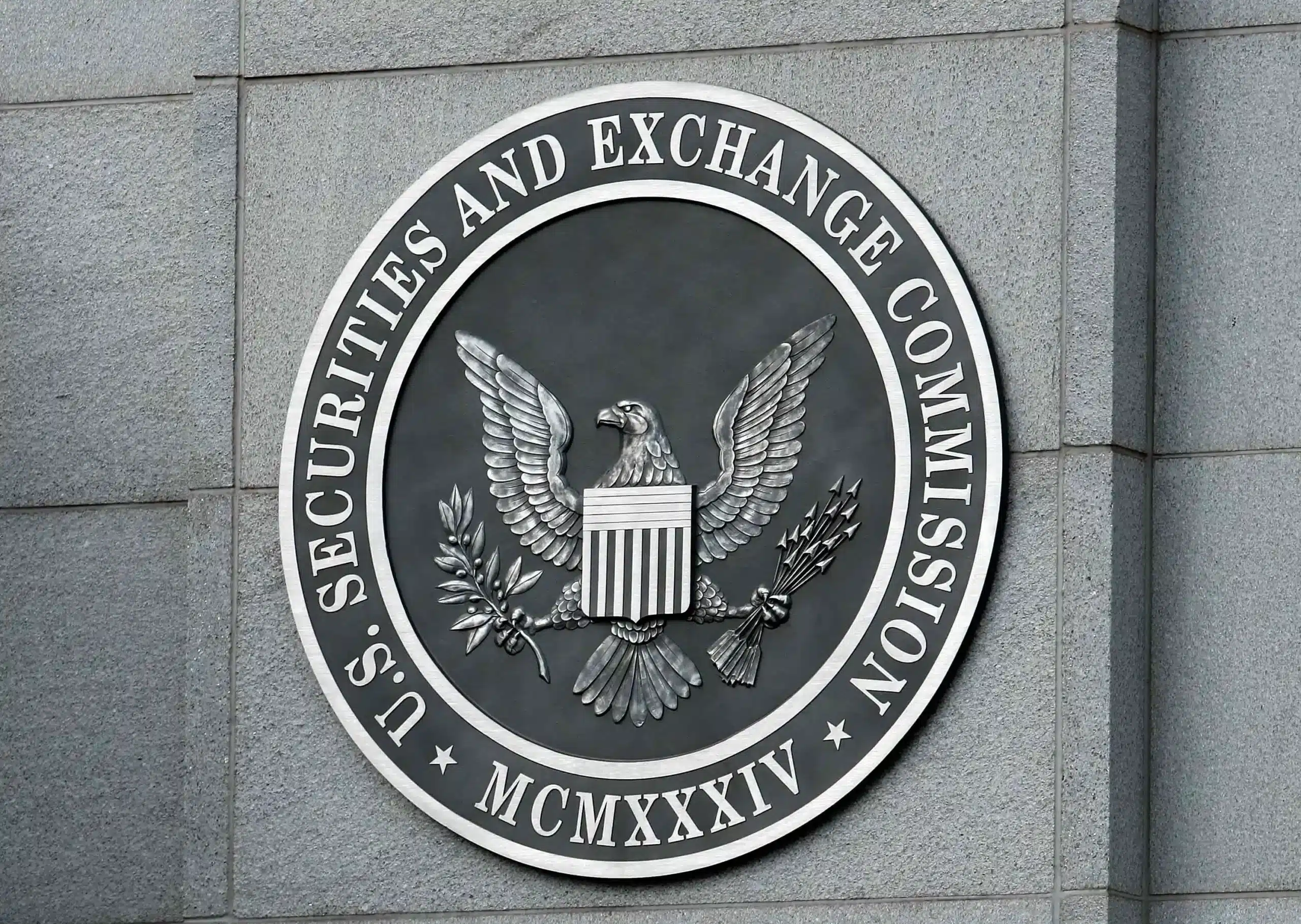While Changpeng Zhao (CZ) stepped down as the CEO of Binance, slinging the raft of the global community, the array of questions still remains unanswered. As the motives of CZ’s move seem loud and clear, its outcomes for the company did not seek any clarity.
As heated debates and irrationality are taking over the media dimension, it’s time for us to dot the i’s and cross the t’s on the backstory of CZ’s resignation and its connection with U.S.-initiated litigations.
Let’s kick into high gear!
Context
On November 21, Changpeng “CZ” Zhao announced that he was leaving the position of Binance CEO. Zhao’s departure as CEO will not be a complete separation from Binance.

The company’s founder will remain its majority shareholder, and a resource for “consultation on historical areas of the business,” according to a Binance press statement.
CZ’s announcement also revealed that Richard Teng followed in Zhao’s footsteps, taking the seat of Binance CEO. Prior to that, he used to be the company’s Global Head of Regional Markets.
The critical update is argued to occur as a part of Binance’s settlement with the U.S. authorities. Specifically, CZ pleaded guilty to a felony charge that he failed to take steps to prevent money laundering as the company agreed to pay more than $4 billion following an investigation by the US government. “I made mistakes, and I must take responsibility”, Zhao said in his statement on X.
Binance Under U.S. Scrutiny in a Nutshell

U.S. Securities and Exchange Commission. Source: Investopedia
In June 2023, the notorious U.S. Securities and Exchange Commission (SEC) sued Binance, Binance.US, and Changpeng Zhao, seeing their illegal listing of unregistered securities in the form of several cryptocurrencies for trading and investment. The suit immediately kicked off a legal fight over violations of security law.
A vast majority of the community believes SEC litigation turned out the pivotal turn tide for Binance’s operability. Still, this presumption is a rather far-fetched perspective, as the exchange sought reputational issues way before Gensler’s body took on.
Since at least 2018, Binance has been under the eye of the U.S. Department of Justice (DOJ) and the U.S. Attorney’s Office. According to Reuters’ informants, the department’s investigation focused on Binance’s compliance with U.S. anti-money laundering (AML) laws and economic sanctions.
Details on the case had remained obscure until December 2020, when Federal prosecutors asked Binance to provide internal records about its anti-money laundering efforts, along with communications with Zhao. It is still unclear how the request was reacted to, but it showcased the tight grip of the U.S. justice mechanism for Binance. And the reasons for it were rather solid.
Just a year before, in February 2019, Binance’s former Chief Compliance Officer Samuel Lim received information on transactions by the militant Palestinian group Hamas on the exchange, according to the U.S. Commodities Futures and Trading Commission (CFTC).
Nevertheless, knowing the fact did not become a motive for changing the big picture, owing to the blockage of nearly 190 terrorist-linked Binance accounts solely by the Israeli police in cooperation with the exchange since 2021.
By and large, according to a Reuters investigation, over the course of 2022, Binance’s weak AML controls led to processing over $10 billion in payments for criminals and companies seeking to evade U.S. sanctions.
The highlight of the violation disclosed that Binance operates in Russia as well. Until September 2023, the company kept on carrying out financial operations while attempting to evade U.S. sanctions by ceasing Ruble P2P trading and allowing operations only with locally distributed Visa and Mastercard accounts.
For instance, crypto.com, WhiteBIT, and other exchanges suspended operations in the Russian market within the first days of the country’s invasion of Ukraine.
The suits and accusations had been piled up until the very CZ’s departure as CEO of Binance. As has been mentioned above, this became the outcome of the company’s settlement with the U.S. authorities, alongside agreeing to pay a $4 billion fee.
“Because of the crimes committed, Binance became the largest cryptocurrency exchange in the world. Now, Binance has paid one of the largest corporate penalties in US history”, said Merrick Garland, the US Attorney General.
Specifically, on November 21, Zhao appeared in federal court in Seattle and pleaded guilty to anti-money laundering and sanctions violations brought by the Department of Justice. Apart from this, Binance settled charges with the DOJ, CFTC, the Department of Treasury’s Financial Crimes Enforcement Network (FinCEN), and the Office of Foreign Assets Controls (OFAC).
In an official statement, the Treasury Department specified that it had taken unprecedented action to hold Binance accountable for violations of U.S. anti-money laundering laws and failure to prevent and report suspicious transactions with terrorist organizations.
“Binance turned a blind eye to its legal obligations in the pursuit of profit. Its willful failures allowed money to flow to terrorists, cybercriminals, and child abusers through its platform,” Treasury Secretary Janet Yellen stated during a press conference.
From what has been stated, one might conclude that sooner or later, Binance would have ended up facing legal measures by the U.S. authorities, yet a few could have imagined that would result in such radical consequences. The intensive pursuit to come up with an explanation for CZ’s decisiveness led to an array of insights and outlooks. Among the most adopted ones – was the one-sided victory of CZ.
Did CZ Take It or Leave It?
A rather offbeat stance on CZ step-down was voiced by the analyst Cole Garner. In his post for X, he stated that Zhao literally “bribed” U.S. authorities with $4 billion in “broad daylight” while putting a “new puppet CEO” and eventually becoming free of collateral risks, i.e. extradition. At the same time, CZ apparently managed to enhance Binance’s reputation by liquidating litigation threats.
This is the greatest victory of CZ's life.
Absolute 3D chessmaster.
From day 1, the DOJ & SEC have always been Binance's biggest risk. CZ's greatest threat. The dragon on the horizon.
Now, after years of uncertainty, the DOJ has finally been neutralized. The dragon is slayed.…
— Cole Garner (@ColeGarnersTake) November 22, 2023
Seemingly, it would be challenging to disagree with the facts, cited by Garner – paying a $4 billion settlement and leaving the position of CEO was probably the most appropriate course of action amid the Binance legal crisis. Still, would it be sound to consider all that a win?
Apart from the fact that Czangpeng Zhao pled guilty, and Binance paid an enormous settlement, literally admitting the credibility of accusations, CZ’s sentencing is yet to take place the next year, with a possible guideline sentence ranging as high as 18 months.
What is more, the U.S. Attorney’s Office asked the court to prohibit CZ from leaving the territory of the USA until the conviction on February 23, 2024.
Still, CZ seems to be aware of the investigation and promised to willingly return to the US for sentencing.
“I want to take responsibility and close this chapter in my life,” Zhao said. “I want to come back. Otherwise, I wouldn’t be here today.”
Ultimately, it would be wrong to deny that compliance with lawsuits and alteration in Binance’s corporate structure are effective solutions for maintaining the company’s reputation and vitality. Yet, Binance suffered great damage to its stability and operability, thus there’s no way to call this a “win” and utterly beneficial strategic move.
Closing Remarks: How Binance PR Became Company’s Lifejacket
Binance’s path through its existence certainly was not smooth sailing. However, the turbulence that occurred to it would make some other exchanges sink, and Binance is staying afloat. Where does the essence of a company’s success lie?
Certainly, the vitality of it is not ensured by trading volume. Given that, FTX would have remained a solid player by now.
The magic pill is promotion. Regardless of all the factual basis, the audience still trusts CZ due to his communication activity and sincerity. Binance is still perceived as the cornerstone of crypto trading and an active contributor to its adoption. And let’s just be frank – it is still a no-brainer for a majority of traders and enthusiasts.
What’s even more remarkable is that Binance PR gets it through a strengthened control of US bodies in the US, which can be noticeable with Sam-Bankman Fried (founder of the notorious FTX crypto exchange) sentencing.
The story is not over for Binance as the conviction for Changpeng “CZ” Zhao is ahead. But the company keeps coping with challenges, spurring optimistic hopes for the future litigations’ outcomes.
